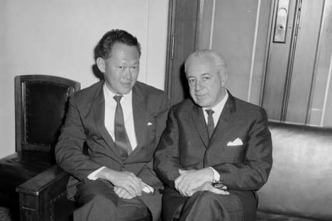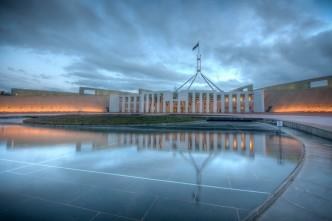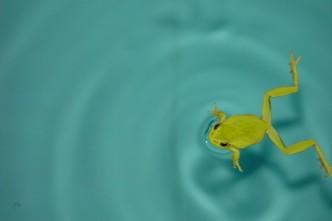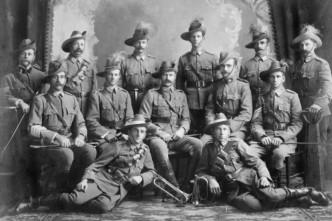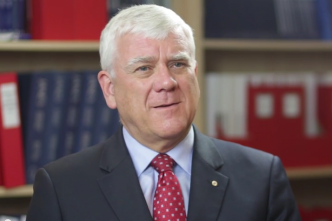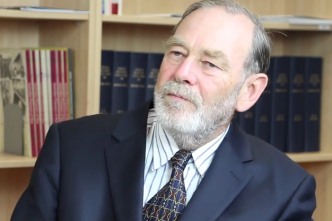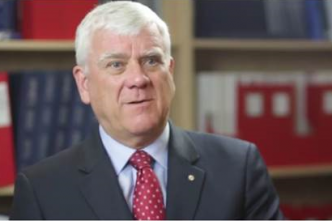A useful history of Australia’s actions, apprehensions and aspirations in Southeast Asia over the last 75 years could be written using Lee Kuan Yew as actor and commentator. As a young translator, working for the …
Australian politics has grafted presidential habits onto a system of cabinet government. And recently, the Oz body politic has rejected the graft. The mismatch between presidential aspiration and parliamentary power introduces stutters and stuff-ups into …
Some costs and benefits of Australia’s Foreign Affairs revolution are clear. The revolution was DFAT swallowing AusAID (Pre-FAT eats WasAID, in Casey Building argot), crunching together diplomatic pinstripes and aidies. A benefit for the Abbott …
It’s now possible to do public-opinion surveys in China on everything from pandas to pensions. So why not slip in some questions about the territorial disputes in the South and East China Seas? That’s what …
To write of bureaucratic culture is to venture into fog and quicksand and risk returning with mud and mush. Yet in understanding a power town like Canberra, culture offers answers not delivered by legal tomes …
Smoke clears. Agony and anguish ebb. The fallen depart. The integration of AusAID into the Department of Foreign Affairs and Trade—the greatest revolution in Australia’s foreign policy bureaucracy since 1987—is done, if not dusted. The …
Trend stories are always about the warmth of the water and the health of the frog. How close to boiling is the water, how much capacity does the frog have to respond? Asia’s darkest trend …
The federal government is to consider recommendations for the biggest changes to the top of the Defence Department in 40 years.The biggest one is to kill off the Defence diarchy—the joint rule by the Secretary …
The slouch-hat mystique has great power in Australia. We’re about to salute a full-force expression of the slouch-hat aura as the centenary of Gallipoli commemorates the ANZAC creation moment. These columns on the Canberra officer—military …
The age of Jihadists coincides with the blizzard of Snowden. For Australia’s security services, that means the time of terrorism collides with the time of transparency. Completely different sets of questions mingle and clash. Stir …
‘The whole idea of publishing a detailed history of an intelligence organisation based on its classified files seems counterintuitive. Intelligence organisations trade in secrecy. If they reveal their sources, the sources will dry up. If …
For decades, the Australian Labor Party hated the spooks with a passion. Indeed, many Australians still maintain that deep distrust of their domestic security service. For Labor, though, the hatred of ASIO—the Australian Security Intelligence …
